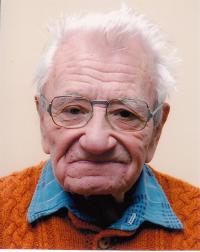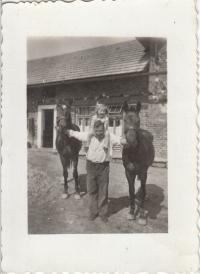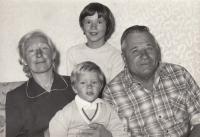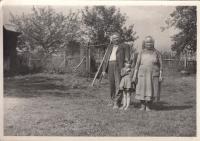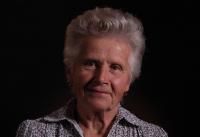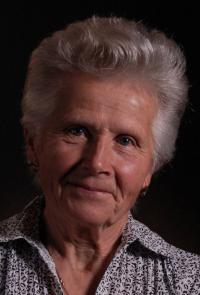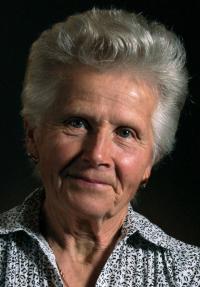They took everything from us except for our bare hands
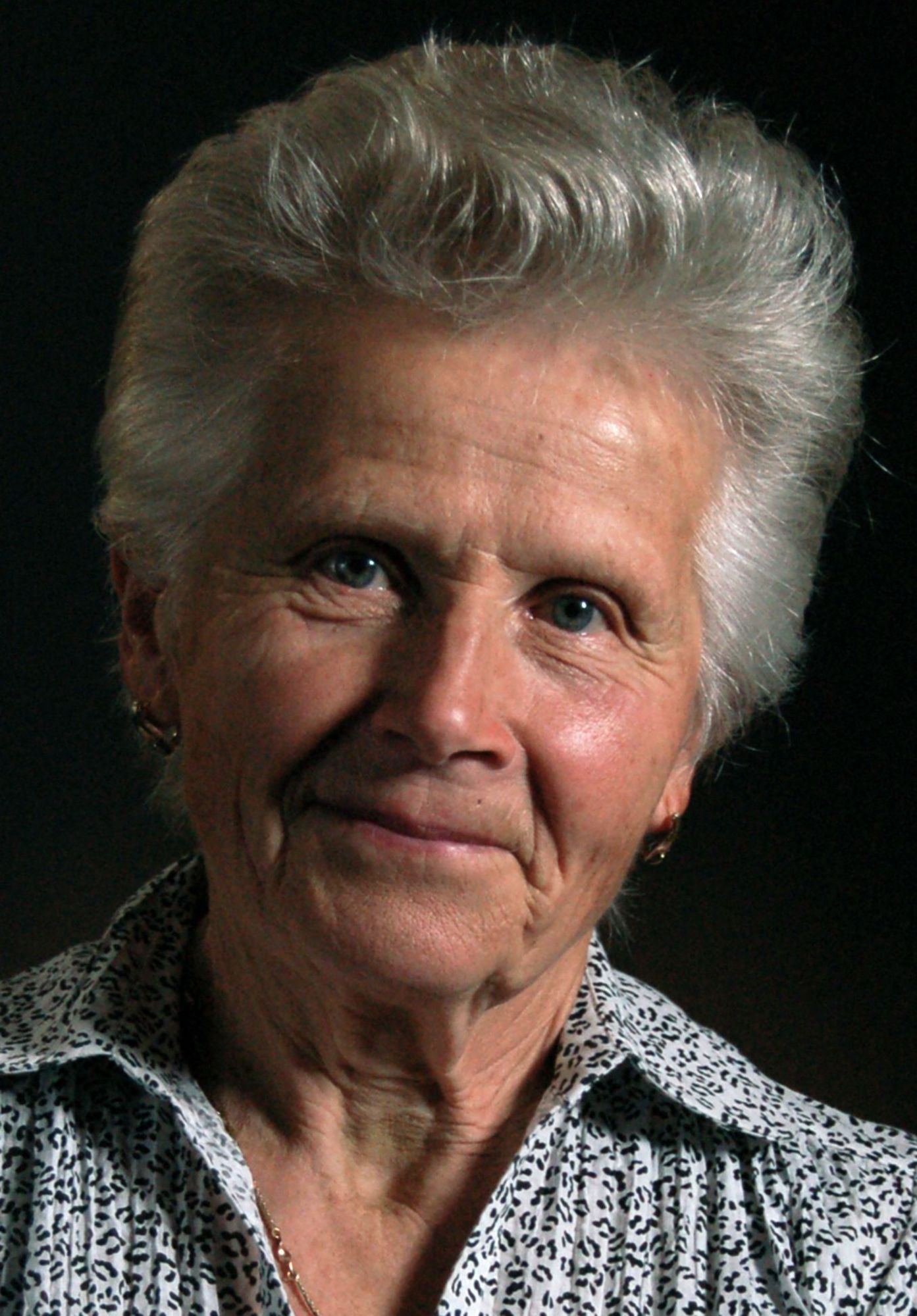
Download image
Jaroslava Picková was born on 12 March 1941 in Horní Bousov near Mladá Boleslav. Her grandfather was a member of the Czechoslovak Legion during World War I and after 1918 became the mayor of the village. He had set up a farm here which was then inherited by his son, Jaroslava’s dad František Jírovec. During World War II he was helping resistance fighters and by the end of the war only narrowly avoided execution by the German soldiers. In 1947 he had rented more farmland and took loans to buy the necessary machinery. However, in the early 50s, his possessions were confiscated. František Jírovec was helping people persecuted by the communists, e.g. with border crossing. In 1953 he was arrested and sentenced to twelve years for subversive activities. He was sent to a uranium mine in Jáchymov and later transferred to the Vojna camp near Příbram. Jaroslava Picková was growing up with her mum, spending all of her spare time working at the farm. Because of her family profile she was denied studying any further after finishing elementary school. Her father was released on amnesty in 1960 and then worked in a brick factory and a boiler room up until 75 years of age. Jaroslava got married in 1961 and soon after gave birth to her daughter Jaruška and later son Mirek. Since 1963 she had worked in the Škoda factory in Mladá Boleslav. Following the Velvet Revolution she fought for her dad’s full rehabilitation and a restitution of his property. Based on the so-called Third Resistance Law, in 2011 František Jírovec was decorated in memoriam for his former activities.
